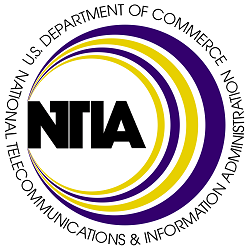In November, a majority of voters in China (not the country, but a small town in Maine) cast their ballots in opposition to a $6.4 million proposal for a municipal broadband network that, if built, would have provided high-speed Internet access to every household and business in this central Maine town of 4,300.
In recent weeks, China residents learned that Consolidated Communications would not be coming to the rescue. As reported by The Town Line, two representatives from Consolidated Communications attended China’s Broadband Committee (CBC) meeting in late January and the company reps “did not encourage (China) to expect an offer from the company to expand [I]nternet service to town residents.”
The CBC estimates that Consolidated currently serves about 20 percent of the town, while Spectrum serves about 70 percent of China’s households. But for the remaining 10 percent of China households without access to high-speed Internet service, the CBC meeting was a disappointing dose of post-election news.
Consolidated representatives Simon Thorne and Sarah Davis told the CBC that China is nowhere close to the top of their expansion plans, as the company bases its decisions on a combination of four primary factors: projected cost to build, number of potential customers, expected take rates, and whether a competitor also serves that market.
China’s population density is too low to offer enough profit to attract investors.
And just to be clear, when CBC member Tod Detre suggested the company is focused on “more profitable areas,” Davis replied, “You nailed it.”
‘Spirited Discussion’ About November Election
That, of course, led to a “spirited discussion” about last November’s election results. Ronald Breton, chairman of the select board and a guest at the CBC meeting, was emphatic in saying that town officials were still interested in facilitating town-wide connectivity, noting how even after the November ballot question failed the town select board unanimously voted that the CBC remain intact.













